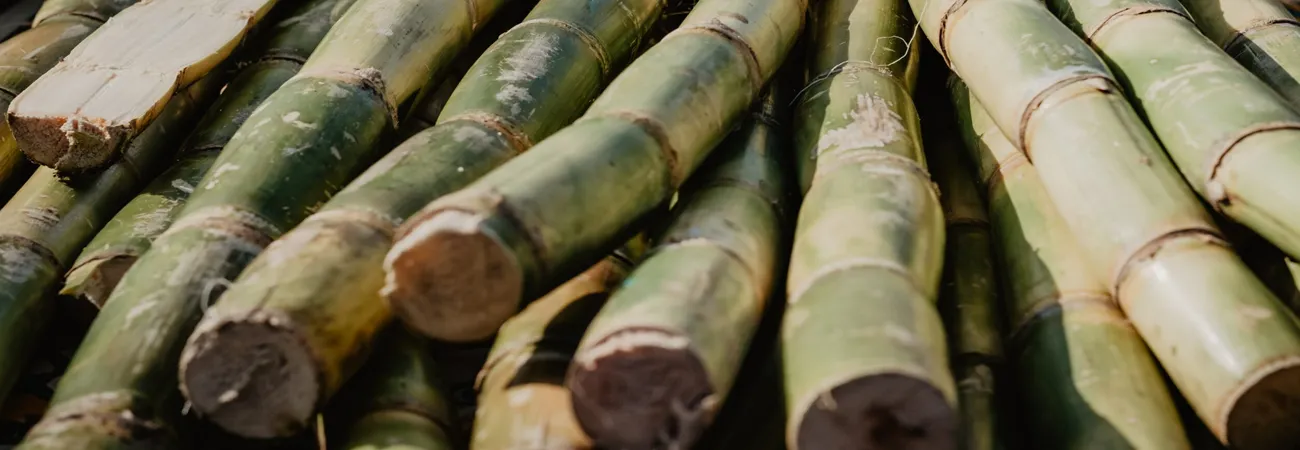i ECONOMY
China and Pakistan aim to enter into a joint venture to increase sugarcane production and export it worldwide using cutting-edge tissue culture technology. This joint initiative will signify a shared commitment to revolutionizing the agricultural landscape and fostering sustainable development through innovative methods. “Sugarcane, a vital cash crop, plays a crucial role in the economies of both China and Pakistan, contributing substantially to the sugar industry and serving as a key component in various sectors, including food, energy, and biofuel production,” said an expert at the National Agricultural Research Centre (NARC) who wished to remain anonymous. “Recognizing the mutual benefits of cooperation, both nations should outline a comprehensive plan to increase sugarcane production through knowledge exchange, technological advancement, and resource-sharing initiatives,” he said.
“One of the primary benefits of this collaborative effort will be to enhance agricultural productivity through exchange of best practices and modern farming techniques. With its advanced agricultural technologies, China can provide valuable insights and expertise to help optimize sugarcane cultivation in Pakistan. This knowledge transfer is expected to result in higher yields, improved crop quality, and a more efficient use of resources,” he said. He said, “Tissue culture is a technique that involves growing plants from small pieces of plant tissue in a laboratory. This technique has been used to produce high-quality sugarcane plants that are resistant to pests and diseases. By leveraging tissue culture, Pakistan can significantly transform its sugarcane production and improve the quality of sugar exports.
“Moreover, tissue culture enables rapid multiplication of sugarcane plants with desirable traits. This not only accelerates the breeding process but also ensures a consistent and high-quality supply of planting material. Farmers will benefit from increased productivity and improved crop resilience, contributing to enhanced agricultural sustainability. “The collaboration between China and Pakistan will leverage this advanced technology to enhance sugarcane yields, improve crop quality, and address challenges related to disease resistance.
“One of the key aspects of this collaboration will be the exchange of knowledge and expertise in tissue culture techniques. China, a global leader in agricultural innovation, can provide valuable insights and training to Pakistani farmers and researchers, enabling them to adopt and implement state-of-the-art tissue culture methods in sugarcane cultivation. This knowledge transfer is expected to empower the local farmers with the skills to produce disease-free, high-yielding sugarcane varieties,” said the expert.
In this regard, speaking at a think tank session held at the PCJCCI Secretariat, Moazzam Ghurki, President of Pakistan China Joint Chamber of Commerce and Industry, said Pakistan and China could produce high-grade sugar in abundance and export it across the world. Sugarcane cooperation between China and Pakistan will bring a sweet revolution, he remarked. He said China and Pakistan should join hands to promote sugarcane production and processing to produce high-grade sugar.
He said tissue culture could bring a revolution in the production of sugarcane. The Chinese Academy of Tropical Agriculture Science (CATAS) has been imparting training to scientists across the globe. It has introduced 100 training courses for 4,000 participants from over 90 countries. More than 40 young scientists from Asia, Africa, and Latin America came to CATAS for medium and long-term visits and exchanges.
Credit: Independent News Pakistan (INP)









